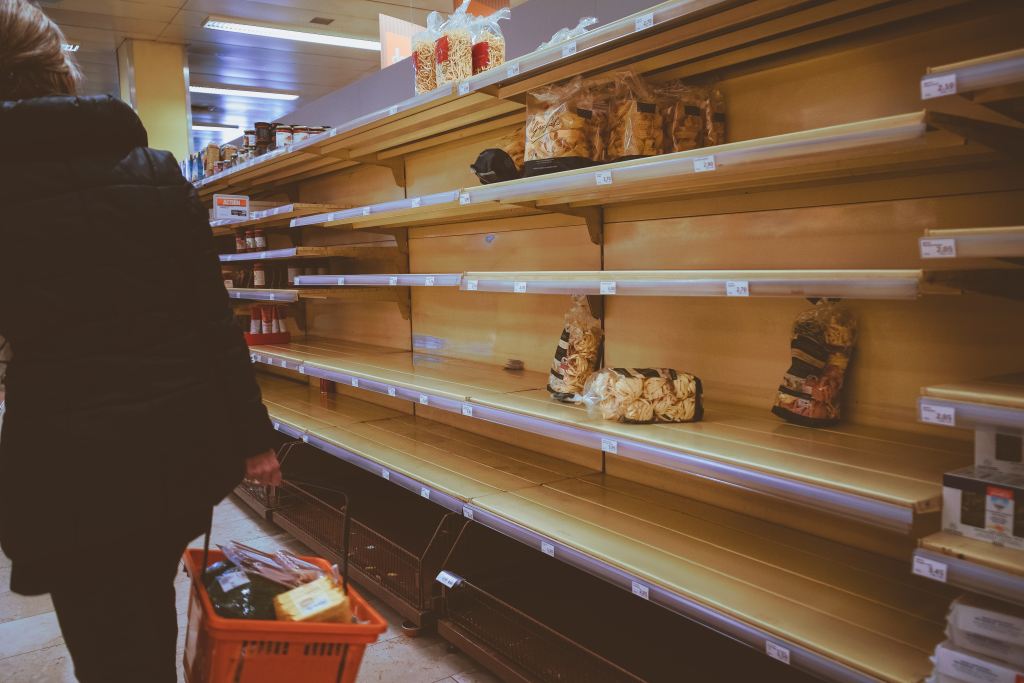
3 Steps to Prepare for Family Caregiving Emergencies
Caregivers have many responsibilities! Not only are you in charge of your loved one, but also their medication management, appointment scheduling, transportation, and so much more. In managing these responsibilities, the last thing you need is a caregiving emergency or unexpected event to disrupt your routines and potentially compromise the care you provide. Yet unfortunately, emergencies do happen.
“As a caregiver, it’s crucial to prepare for emergencies and safeguard you and your loved one from this uncertainty.” says Silvia Amorim, Manager of Care Management at Careforth. “This not only prepares you to calmly and effectively manage difficult situations, but it also minimizes the worry and threat of uncertainty. Having an emergency plan is key to achieving peace of mind and improving outcomes.”
To achieve this, here are three expert tips for creating your emergency caregiving plan:
Careforth Care Tip #1: Contact Your Town Hall About Its Special Needs Registry
First, register your loved one with your town and/or city hall’s Special Needs Emergency Registry, also named Vulnerable Population Registry in some locations. Many cities and towns have this type of registry and it’s an excellent resource to prepare for emergencies. These registries help counties and cities identify citizens that may need assistance and to prepare the additional resources needed in the event of a natural disaster or emergency.
This is a great option for caregivers, as it establishes a backup plan for the caregiver and provides additional help for the person that they provide care for. This is just another component to emergency preparedness that many people do not know exist in their communities. Although not all cities or towns offer this option, it is worth a phone call to your town hall to inquire if they have a registry or other emergency planning resources.
Careforth Care Tip #2: Create An Emergency Supply Kit
Second, prepare a caregiving emergency supply kit, including the essentials you and your loved one would need most in that type of situation. Should something unexpected happen, having the tools and items you need at the ready will allow you to feel in control and improve your outcome.
So, what should this kit include?
According to the Federal Emergency Management Agency (FEMA), here are a few examples of essentials to keep in your emergency kit:
- Water and non-perishable foods
- Flashlight
- First-aid kit
- Tool kit (including essential tools, can opener, etc.)
- Battery-powered radio
- Backup cellphone battery packs and/or chargers
This list will provide the basis for your disaster kit. Other items like soap, prescription and over-the-counter medications, blankets, and personal hygiene items could also make great additions to your emergency kit. And be sure to include and keep an eye on the expiration dates of the items in your kit, so everything is ready to be used when needed!
Caregiving Emergency Expert tip: To make your essentials more accessible, pack your emergency kit in an easily transportable container – i.e., a basket with wheels, collapsible wagon, etc. – just in case you need to leave your home or access it in a rush.
Careforth Care Tip #3: Engage Your Caregiving Support Team and Set Up an Emergency Communication Plan
To prepare for unknown and emergency situations, a critical step you can take is to involve your Caregiving Support Team in the process and create an Emergency Communication Plan. Emergency situations can be stressful and can place a burden on you as a caregiver. It’s important to involve your Caregiving Support Team, so the entire weight of these responsibilities doesn’t fall only on your shoulders, but to surround you with support you can lean on.
According to FEMA, here are the steps to create your Emergency Communications Plan and prepare for the unexpected:
- Collect – Create a folder of you and your loved one’s essential documents – i.e., medical records, family and emergency contact information, service provider documents, health insurance, etc.
- Share – Be sure that all the primary caregivers for your loved ones have a copy of these documents or have access to these resources in the event you are unavailable. You can also keep copies of these documents in your emergency kit, so they are always readily available in a known location.
- Practice – Have regular meetings with your primary support and care team to review what will be done in the event of an emergency, including who will be involved and how they will help to ensure the care of your loved one.
For more advice on how to create a communications plan best-suited to your caregiving situation, check out these additional resources from FEMA.
Find the Support You Need To Be Prepared
Planning is oftentimes overlooked by many, but it is necessary to prepare both you and your loved one for any situation. For you, it can provide peace of mind and relieve the stress of the unknown. For your loved one, it makes sure that even in emergency situations, there are plans and safeguards in place to ensure that they receive the care they need.
At Careforth, we strive to provide you with the resources and connections that help you feel supported at every turn. Visit the How We Help page on our site to learn more about how Careforth supports caregivers or contact us for more information.


